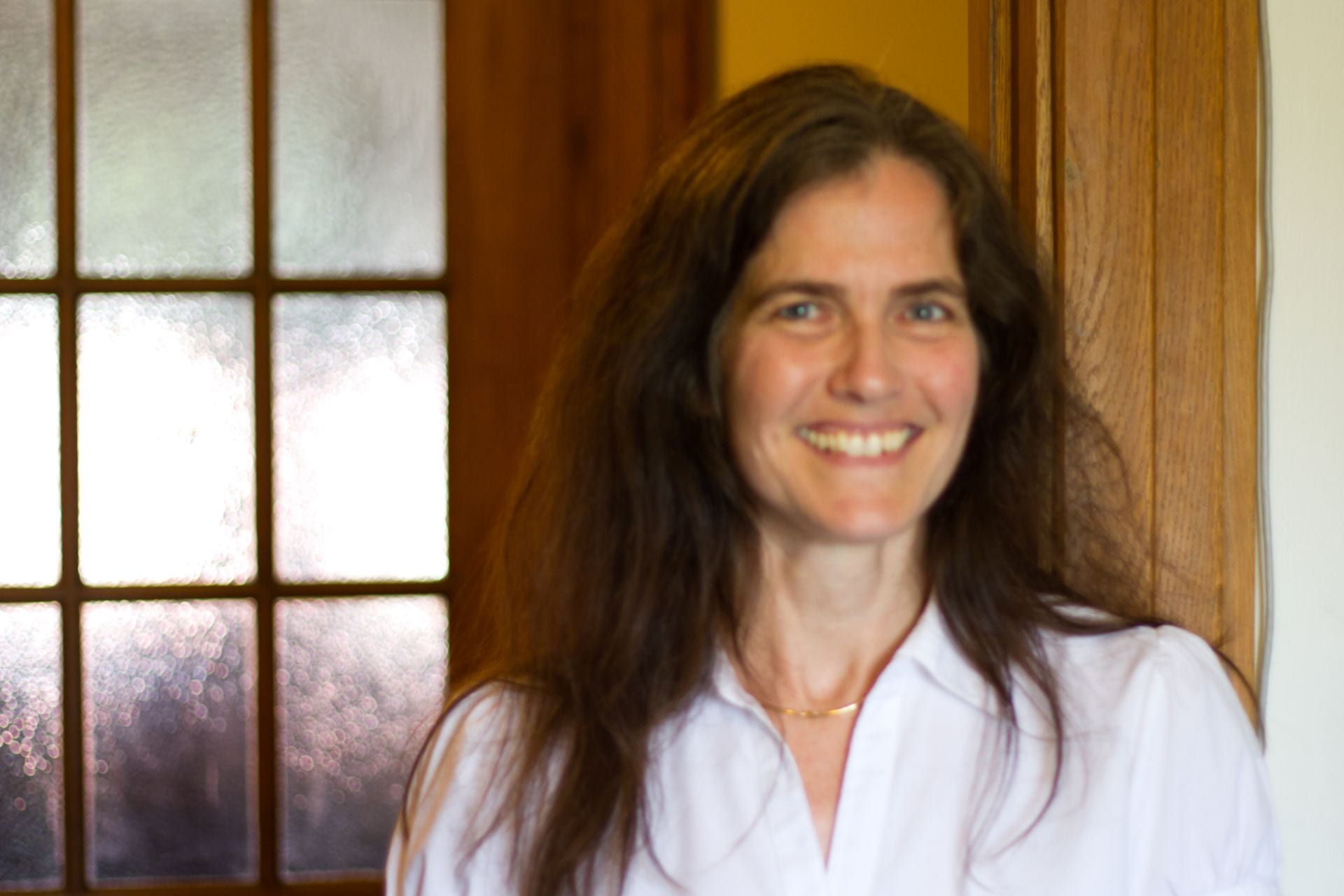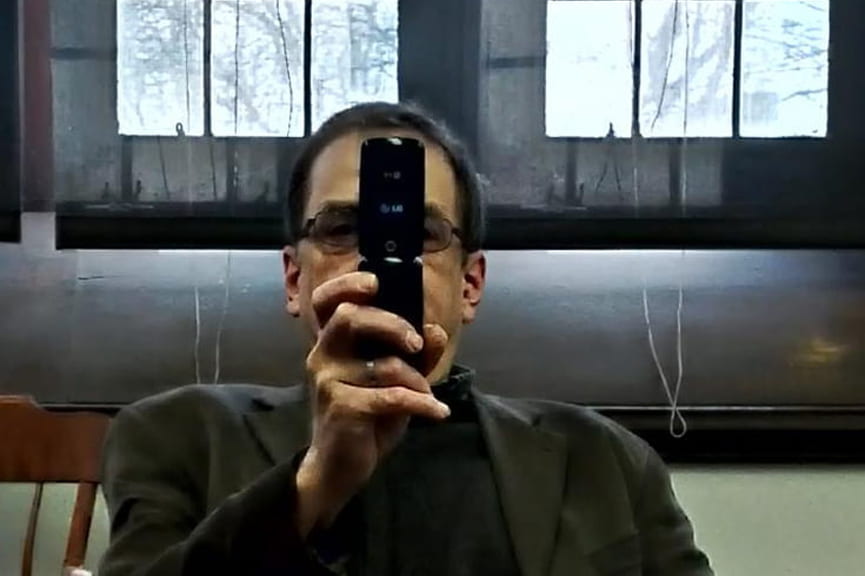About Us

Sandra R. Schloen
Technology Director for Digital Studies, Humanities Division, and Manager of the OCHRE Data Service
Sandra R. Schloen
Ed. M., Harvard University
B. Sc., University of Toronto
Sandy is the developer of the Online Cultural and Historical Research Environment and brings to the OCHRE team a solid background in information technology. Beginning at the University of Toronto on now outdated keypunch machines and then passing through the creative corners of the MIT Media Lab into the technology centers of corporate America, she has had a long and varied career in the computer industry.
Sandy thrives on the challenges presented by the complexity of cultural and scholarly information in all of its forms. Working with OCHRE serves as a worthy outlet for her formal training in data modeling and database design while simultaneously satisfying her data addiction. To keep up with the furious pace of the technology revolution, she works diligently to ensure that OCHRE continues to serve the day-to-day needs of our clients.
When not furrowing her brow at the computer screen, wondering why there is still so much new to be learned after so many years in the industry, Sandy enjoys spending her summers serving as data manager for archaeology projects all over the world and spending her winters indulging her Canadian roots as a left-winger for the University of Chicago Maroons Women’s hockey team. Whether cross-checking spreadsheet data or defending against opportunistic attackers, Sandy gets the job done.
For this ‘n that, hockey stats, or just to chat, contact Sandy.

Miller C. Prosser
Associate Director of Digital Studies, Humanities Division
Miller C. Prosser
Ph. D., University of Chicago
B. A., Wheaton College
Animated by the opportunities presented by modern technologies, Miller applies his scholarly perspective, plus his technological savvy, to the task of making OCHRE vital to the process of capturing, managing, and analyzing historical, philological, and linguistic data from the past to meet current research goals.
Miller earned his Ph.D. at the University of Chicago, moving from a broad background in biblical studies and ancient languages to a specialization in Northwest Semitic philology. He is well acquainted with the details and complexities inherent in the data derived from the study of the ancient world. Also a keen photographer, Miller is our resident imaging expert, adept at bringing to life low-relief incisions and long-faded ink inscriptions on ancient clay tablets using BetterLight scanning and RTI (reflectance transformation imaging) techniques.
To discuss vowel lengths, focal lengths, or to talk at length about OCHRE, contact Miller.

J. David Schloen
Advisor
J. David Schloen
Ph. D., Harvard University
B. Sc., University of Toronto
David is on the faculty of the University of Chicago’s Oriental Institute and Department of Near Eastern Languages and Civilizations. After specializing in math and computer science in college he worked as a programmer for a few years before switching gears and embarking on an academic career in ancient Near Eastern studies.
He was quickly brought back to issues of data management, however, when faced with the bewildering diversity of heterogeneous information produced and consumed by archaeologists and textual scholars. In graduate school, he and his wife Sandy came up with the idea for what has become the flexible, multi-purpose, item-based OCHRE ontology. In their student days they created the first database system that implemented this ontology and over the years they have continued to refine both the ontology and the software to meet the challenges of scholarly data management and analysis.
If you have ever wondered what digital humanities, recursive hierarchies, and Ricoeurian hermeneutics have in common, contact David.

Charles Blair
Advisor
Charles Blair
M. A., University of Chicago, Graduate Library School
M. A., University of Chicago, Divinity School
B. A., Stony Brook University
Charles Blair, Director of the Digital Library Development Center (DLDC) at the University of Chicago, and his team of technology professionals, have been providing OCHRE clients with excellent service for some time: maintaining the OCHRE database server, regularly updating related hardware and software, backing up OCHRE data using a robust disaster-recovery protocol, providing additional data storage for external OCHRE resources such as image files, and advising on archival procedures for the curation of project data.
Deeply rooted in the library tradition, and an expert on digital data preservation, Charles has a watchful eye on the future and is committed to helping the OCHRE Data Service devise and implement strategies to ensure the long-term viability and accessibility of the data being managed by OCHRE.
For reassurance regarding the care and keeping of your data, contact Charles.
